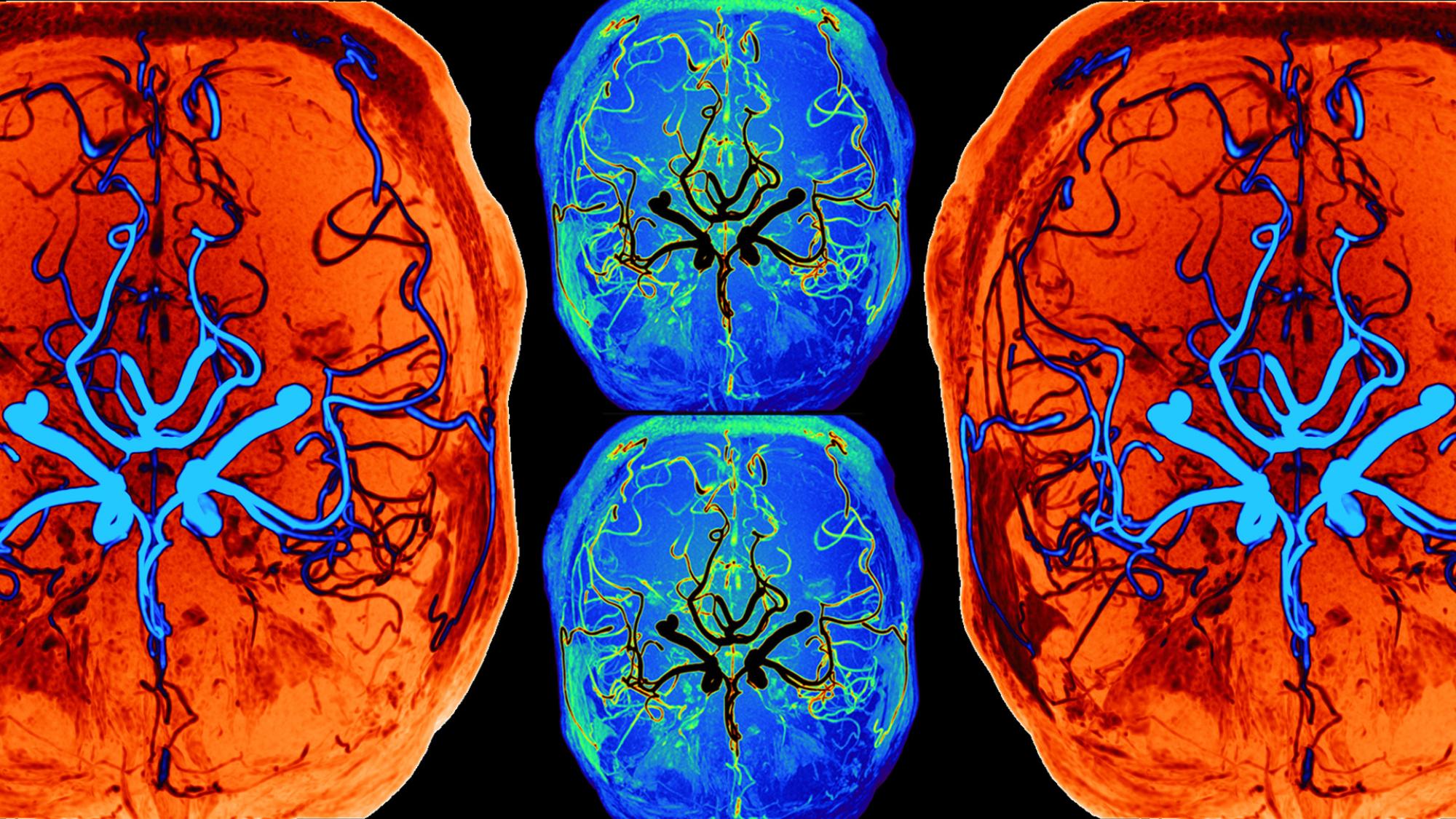Lack of orexin changes brain pulsations in people with narcolepsy

Published in the high-profile journal PNAS, the study examined how the pulsations driving the brain’s glymphatic clearance differ in people with narcolepsy type 1 compared with healthy individuals. For the first time, the research directly compared the brain pulsations of narcolepsy patients with those of healthy individuals during sleep. The study included 23 participants with narcolepsy type 1 and a group of healthy controls.
Brain clearance involves three types of pulsation: cardiovascular pulsations generated by the heartbeat in the arteries, respiratory pulsations in the veins and cerebrospinal fluid spaces, and slow vasomotor waves in the walls of blood vessels. These pulsations, and the resulting brain clearance, are known to increase during sleep. Previous research has shown that all three types of brain pulsation are altered in people with narcolepsy type 1 compared with healthy wakefulness.
The researchers imaged the brains of narcolepsy type 1 patients and healthy controls using rapid functional magnetic resonance imaging. The results showed that, in awake narcolepsy patients, vasomotor pulsations did not differ in intensity from those in sleeping healthy individuals, but were clearly stronger in the narcolepsy group than in awake healthy participants. In contrast, heart- and respiration-related pulsations were weaker in narcolepsy.
Orexin may suppress brain pulsations
In narcolepsy type 1, the brain does not produce enough of the neurotransmitter orexin, which regulates alertness as well as physiological functions. According to the researchers, orexin may have a suppressive effect on brain pulsations, which could be linked to brain clearance.
“This idea is also supported by previous observations showing that older narcolepsy patients have less harmful amyloid burden associated with Alzheimer’s disease than controls, and that drugs that inhibit orexin reduce harmful substances in the central nervous system,” says Doctoral Researcher Matti Järvelä from the Oulu Functional Neuroimaging Research Group, University of Oulu.
Disruptions in brain clearance are believed to be associated with a range of diseases, including Alzheimer’s. The researchers suggest that it would be interesting in the future to study the effects of orexin-inhibiting drugs on brain pulsations and, through them, on brain clearance.
Narcolepsy is a chronic neurological disorder that causes excessive daytime sleepiness and reduces quality of life, and for which there is currently no curative treatment.
The research was funded by, among others, the Research Council of Finland, the Jane and Aatos Erkko Foundation, and the EU’s JPND programme.
Research article: M. Järvelä, J. Kananen, H. Helakari, V. Korhonen, N. Huotari, T. Väyrynen, K. Hautamäki, L. Raitamaa, J. Tuunanen, M. Kallio, J. Piispala, H. Ansakorpi, & V. Kiviniemi, Orexin effect on physiological pulsations of the human brain, Proc. Natl. Acad. Sci. USA (2025) DOI:10.1073/pnas.2501578122.
Read more: Abnormal brain pulsations found in the brains of people with narcolepsy